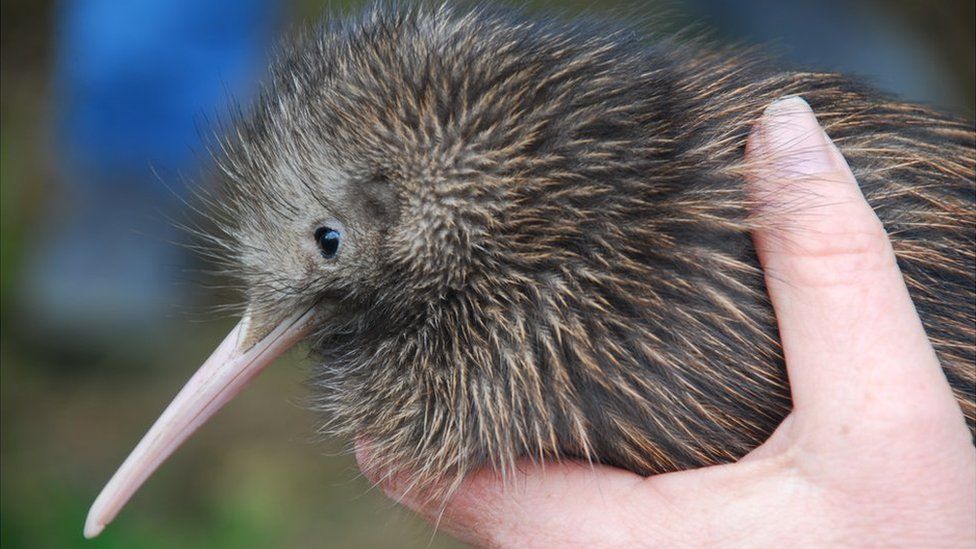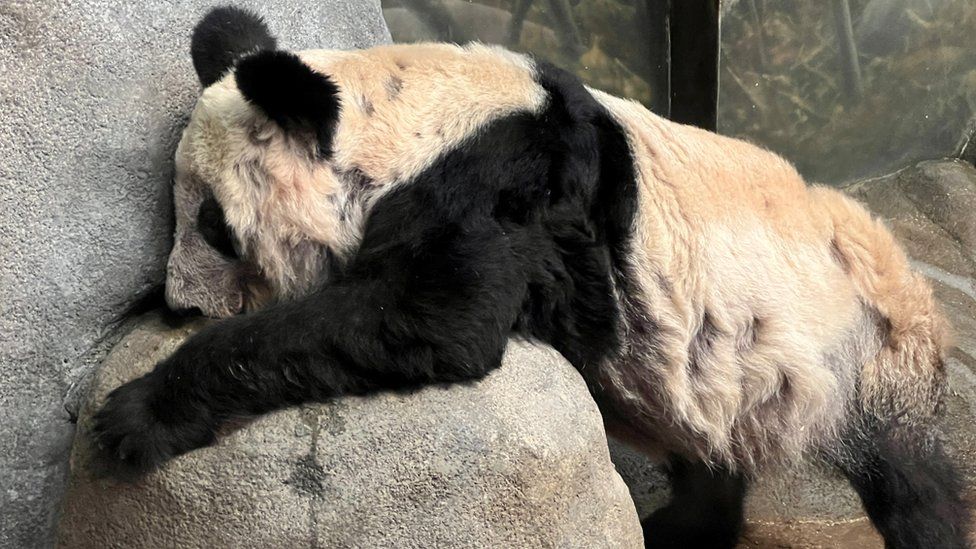
A US zoo has apologised for mistreating a kiwi, after footage of visitors patting the nocturnal bird under bright lights caused outrage in New Zealand.
Zoo Miami said it was “deeply sorry” about the incident, which occurred during a paid animal encounter between the kiwi and zoo guests.
The kiwi encounter has since been removed from the zoo’s offerings.
Pāora was hatched in Zoo Miami in 2019 as part of a breeding programme aimed at ensuring the kiwi species’ survival.
Considered a national icon, the flightless kiwi bird is symbolic of New Zealand’s unique natural heritage and the basis for the nickname applied to its people.
In videos which went viral on social media on Tuesday, Pāora looked visibly agitated as guests patted it under the lights, trying to retreat into darkness at times.
The uproar in New Zealand was swift and widespread, prompting an online petition and comments from Prime Minister Chris Hipkins who thanked the zoo for taking public concerns seriously.
“They’ve acknowledged what they were doing wasn’t appropriate, or wasn’t right, or wasn’t fair, to the kiwi,” Mr Hipkins told a press conference.
A zoo spokesman told broadcaster Radio NZ that the paid visitor encounter had been “not well conceived”, adding “we were wrong”.
“We give you our word that the public will never handle Pāora again,” said communications director Ron Magill.
Pāora is usually kept out of public view, according to Zoo Miami, which says plans are “under way” to build a special habitat that will provide him the shelter he needs, while also teaching guests “about the amazing kiwi without any direct contact”.
Kiwis are beloved by all cultures in New Zealand and considered a Māori cultural treasure – it is incredibly rare for them to be kept in captivity.
New Zealand’s Department of Conservation said it would discuss Tuesday’s incident involving Pāora with the US Association of Zoos and Aquariums to “address some of the housing and handling concerns raised”.

